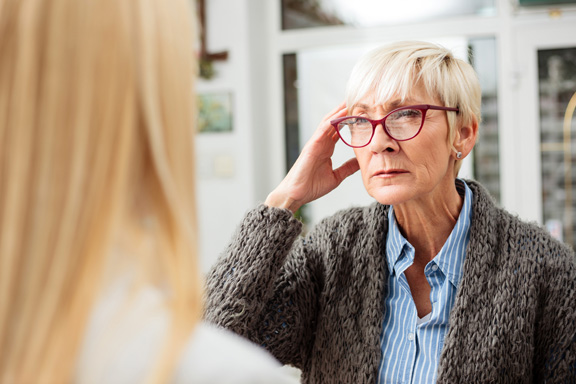Social media has become part of everyday life for many people including pharmacists. It can also be harnessed by pharmacy businesses to improve engagement with customers and support business growth. Unfortunately, inappropriate use of social media can also lead to patient complaints and regulatory notifications. Pharmacists must be aware of their professional obligations regarding social media as per the Ahpra shared Code of conduct (the code) and social media guidance.
Professional standards
Ensure any posts are within a pharmacist’s scope of practice, accurate and evidence-based.
Privacy and confidentiality
Before posting on social media, it is essential to ensure that any post does not breach privacy and confidentiality requirements. PDL Professional Officers recommend the following to avoid such breaches:
- Avoid posting, sharing or reproducing any images or information relating to a patient. Even de-identified information or images could breach privacy requirements if the information could lead to the identification of the patient.
- Be mindful that anything posted in an online private group could be screenshotted and shared publicly.
- Avoid sharing information about people you work with, e.g. colleagues, other health practitioners or your workplace in general, without their explicit consent.
Personal beliefs
Like any registered health practitioner, pharmacists are held to a higher standard than the public and expected to follow the guidance in the code in all settings including outside the workplace. This includes social media platforms.
Pharmacists may have personal values or beliefs that they wish to share, however if these do not align with the professional values in the code or with public health messaging, they may find themselves the subject of a complaint or regulatory notification.
Maintaining professional boundaries
Professional boundaries exist to ensure patient access to care is safe and effective. The patient/practitioner relationship has an inherent power imbalance and for this reason, personal relationships with patients are strongly discouraged and may be seen by regulators as a breach of the code. Where possible pharmacists should avoid communicating with patients through social media as it can cause confusion between a professional and personal relationship.
Responding to reviews
Patients often feel comfortable sharing their experiences online, particularly if their experience is perceived to be negative. This can lead to negative online reviews and social media posts.
While it may be tempting to respond, replying to a negative review or complaint could escalate an incident and may result in a breach of privacy if information about the interaction with the patient is disclosed.
If you or your pharmacy are the subject of a negative online post, consider the following options:
- Notify the pharmacy owner as they may seek to have the post removed if it is defamatory, malicious or clearly false. If you can identify the patient, contact them to acknowledge their concerns, apologise where appropriate and discuss resolution.
- Only respond in a generic manner, such as “Thank you for your review, we take all feedback seriously and would like to discuss this matter with you. Please contact the pharmacy so that we can assist you”.
- Contact PDL for support and advice.
PDL members can call 1300 854 838 for advice and incident support from one of our Professional Officers. Supporting our pharmacist members 24/7.



